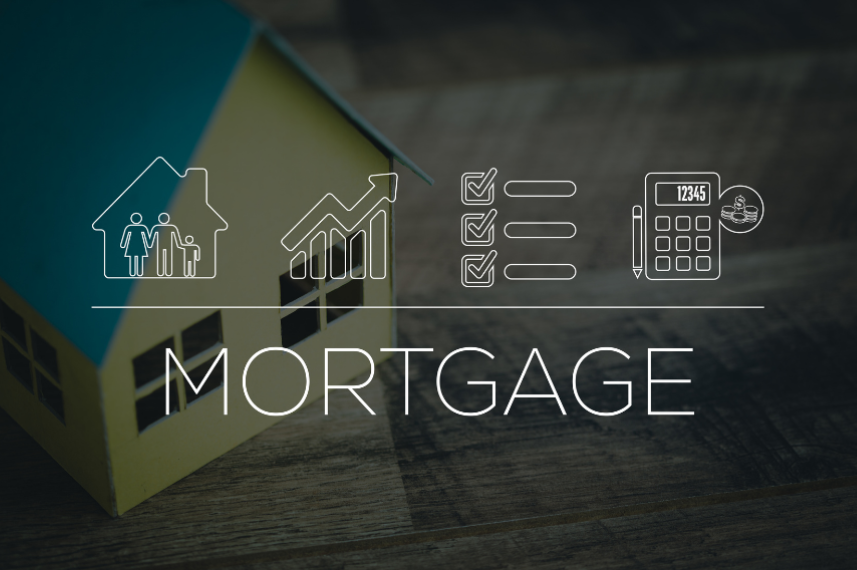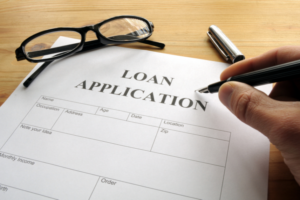
Aside from the Rate, What Should you Look for in a Mortgage?
Most people focus on the rate when shopping for a mortgage and forget about other important factors. While the rate is important, the other terms and requirements on your loan matter just as much, if not more when you’re dealing with outstanding debt.
A slight increase in your rate won’t make a dramatic difference in the long haul, but unfavorable terms could make your mortgage less beneficial.
Here’s what you should consider.
Mortgage Penalties
When you buy your home, you might have plans for it to be your ‘forever home’ with no plans to break your mortgage.
Then life happens and you have to break your mortgage whether you need to add a line of credit or have to suddenly move. This can get expensive.
If you’re in a long term mortgage, you might pay hefty penalties for breaking the mortgage early. This applies to both variable and fixed rate mortgages. At the least, you’ll pay 3 months of interest, but it’s usually more with a fixed rate mortgage.
Explore your options to decide if it’s better to risk the mortgage penalty or to take a shorter term and avoid the penalties, but possibly pay a higher interest rate. Look at the total cost of the loan in any scenario to decide which is best.
The Option to Prepay your Mortgage
Prepaying your mortgage isn’t the same as breaking it, but it’s similar. Closed term mortgages typically don’t allow you to prepay your mortgage and if you do, you pay a penalty.
Open mortgages with the option to prepay, though, give you more options. There are several open mortgage options. Choose the one that’s right for your plans with your mortgage.
Lump Sum

A lump sum prepayment is a one-time payment (sometimes more frequent) that you pay toward your mortgage to lower your outstanding debt. Some lenders dictate when you can make the payment, such as on your anniversary date. Others allow you to make payments as often as you want.
Increase your Payment
Your lender may allow you to increase your payment, paying more than the amount required. Before you choose this option, though, make sure you have the option to revert to the minimum payment required in case you can no longer afford the larger payment.
Double your Payment
Double your payment is like increasing your payment, except you don’t have to commit to an increase every month. You can double your payment whenever you can afford it (or want to).
Is the Mortgage Portable?
Mortgage portability can be an important feature if you plan to move during the mortgage term. It doesn’t always make sense to port a mortgage, but if interest rates are higher today than what you currently pay, it can make sense.
If you have to borrow more money on top of what you owe now, you’ll get a blended rate between today’s rates and your current rate, which would come out lower than if you started from scratch.
Variable rate mortgages usually aren’t portable, however fixed rate mortgages might be. It varies by lender and not every lender offers it, so always ask.
Reporting to the Credit Bureaus
Not all lenders report to the credit bureaus, so never assume. If you want the mortgage to report to the credit bureaus so you can build a better credit history (everyone should want this), only work with lenders that report to the credit bureaus.
Is it a Limited Feature Mortgage?
Limited feature mortgages usually have much lower interest rates which can entice borrowers to choose them, but they come at a cost. You are typically locked into the loan. You can’t refinance it and if you break it early, you’ll pay hefty prepayment penalties making it not worth it.
A limited feature mortgage is only a good idea if you know beyond a reasonable doubt that you’ll stay in the home and won’t need to borrow more money down the road, breaking the original mortgage.
Does it Have Collateral or Standard Charge?
The difference between standard and collateral charge is whether you can borrow more against the property, such as a home equity line of credit. If you think you’ll have a use for a Home Equity Line of Credit down the road, setting it up when you get the mortgage may be your best option.
Can you Afford the Loan?

The biggest question you should ask yourself is ‘can I afford the loan?’ Look not only at the monthly payment, but the loan’s overall costs.
Borrowers often focus on the monthly payment only and don’t look at the total cost. You might think a loan is very affordable because of its low payment only to find out the hard way that you have to pay a prepayment penalty for breaking the mortgage or the fees are excessive, making the loan’s total cost unaffordable.
When you determine if you can afford the loan, look at your total outstanding debt and how you’ll get out of it. For example, can you make extra payments to the mortgage? If you can afford it, find a mortgage that allows this. If you don’t think you will, it’s not a feature you need.
Final Thoughts
Focusing on the mortgage rate is important when you’re looking for a mortgage, but it’s not the only feature to consider.
Your mortgage is one of the largest debts you’ll take on and it adds to your already outstanding debt, so make sure it’s something you can afford now and that makes sense in the future. Focus on the portability, ability to prepay the loan, and any other features you feel are important.
Just focusing on the rate could put you in a loan that doesn’t make financial sense now or in the future and could be difficult (or expensive) to get out of. If you’re not sure how to proceed when choosing a mortgage or you’re in over your head in debt, contact our credit counsellors today to get the answers you need.





